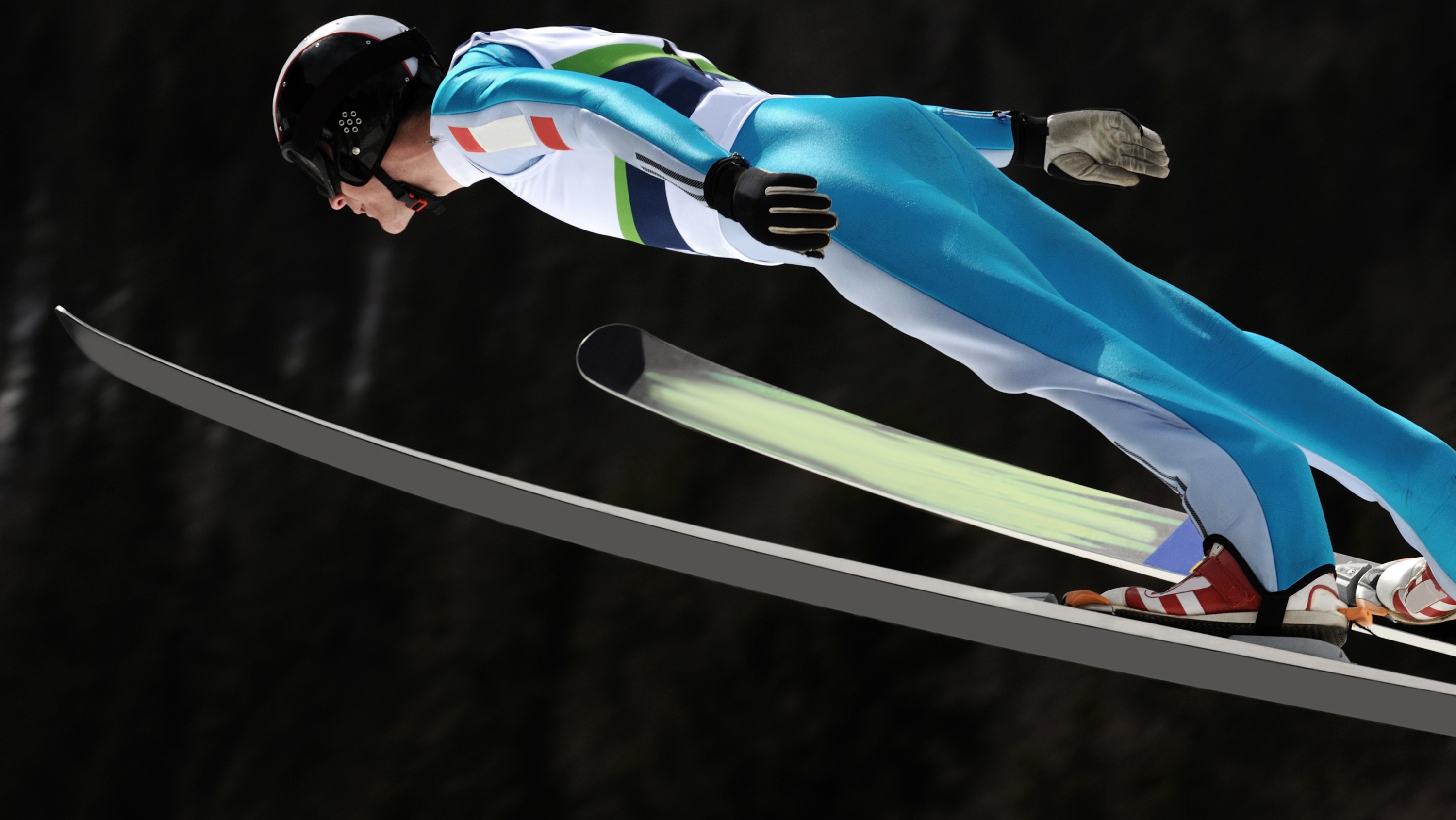Today, Team Canada will walk into the National Stadium in Beijing for the opening ceremony of the 2022 Winter Olympics — but it’s not just another day at the office for these elite athletes. They’ve trained and prepared for every eventuality, but the Olympics is unlike any other sporting event.
“The Olympics is a circus. It really is. The security, the media, the distractions,” said John Dunn, a sport psychology professor. “There’s so many variables that impact the way people respond to the Games.”
Of course, the pressure that comes with the Olympics is one unique factor. Throw into the mix the roaring crowds (or lack of crowds), demanding media and the weight of expectation, and you have a lot of extra mental baggage every Olympian will carry onto the field of play, said Dunn, whose research in the University of Alberta's Faculty of Kinesiology, Sport, and Recreation looks at the psychological, emotional and personality characteristics that affect performance in sport.
The way an Olympian responds to these pressures might even be the difference between getting a medal or not. After all, when you’re competing against the world’s best, there’s no room for error. As Dunn recalled, at the 2010 Vancouver Winter Olympics, Canadian alpine skier Erik Guay missed the podium by a matter of a few hundredths of a second.
“It’s pretty tough to enjoy it until you’re actually standing on the podium with a medal around your neck because those pressures can become quite excessive,” said Dunn.
This year’s COVID-19 restrictions will make the environment a wholly different experience for athletes: the Olympic Village will be quieter, the stadiums will be empty, interviews will likely be conducted virtually. And there’s no telling how each athlete will react to that shift until they step out to compete.
First-time Olympians may find these lack of distractions beneficial, as they can focus almost entirely on the job at hand. But for veteran athletes, the shift to a more isolated, distraction-free environment may hurt their performance. It’s something Dunn noticed first-hand while coaching curling over the past two years with games being held in an isolated bubble.
“[Veteran athletes] miss the energy that comes from the crowd. They miss the whole atmosphere,” he said.
The weight of expectation
Every athlete also brings a different level of expectation for themselves into the Games, explained Dunn, who served as a member of the Canadian support staff providing mental training to a range of athletes at the 2006, 2010 and 2018 Winter Olympics.

This year’s appearance could be the only time they make it to the Games. Veteran Olympians could be facing their last chance to get a medal. Others may have to live up to their standing in the world rankings.
Front-runners are often under the weight of expectations that for many people are crippling, said Dunn. Consequently, they have a dramatically different experience than competitors who aren’t under such intense scrutiny.
“Winning as the favourite, getting on that podium as the favourite, I think is still one of the great accomplishments in sport.”
So is there a way to know how athletes will react to the pressures? A track record of thriving under pressure is a solid indicator a competitor will do well in the Olympic spotlight, said Dunn. But even that is not a perfect gauge of how each athlete will react, as U.S. Olympic gymnast Simone Biles showed the world at the 2020 Tokyo Games. Before withdrawing for mental health reasons, she posted on Instagram, “I truly do feel like I have the weight of the world on my shoulders at times … the olympics is no joke!” For a period, Canadian Olympic swimmer Penny Oleksiak likewise struggled with the expectation that came from having the “Olympic champion” moniker associated with her name.
On the other end of the spectrum, an athlete who comes into the Games as a relative unknown can become an unexpectedly lethal wild card, said Dunn.
“When you play without fear, you can become a very, very dangerous opponent, in whatever sport you’re in.”
